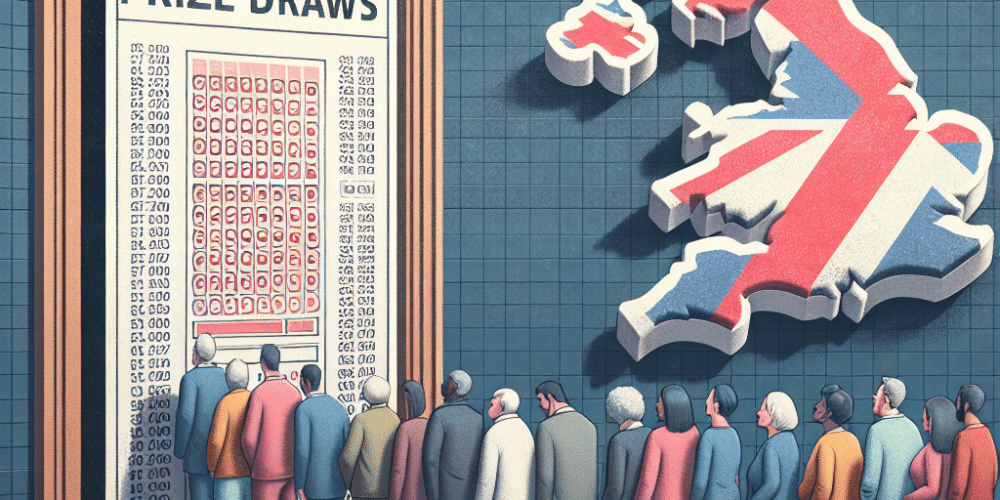In 2025, GambleAware, a prominent UK charity focused on reducing gambling harm, reported that the demand for gambling treatment and support in Great Britain has seen a near doubling since 2020. This finding is based on an annual survey conducted by YouGov, documenting a rising number of individuals seeking help. Specifically, the latest report highlights that approximately 30 percent of UK adults engaged in gambling and facing potential issues now seek treatment or advice, a significant increase from the 17 percent reported in 2020.
This surge in demand could be interpreted as an encouraging sign, suggesting that more individuals are accessing available resources. Nevertheless, GambleAware expresses concern that this increase may indicate a broader escalation in gambling-related harm. The charity’s data further reveals a rise in problem gambling instances, climbing from 2.4 percent in 2020 to 3.8 percent in 2024. Despite this, the official figures from the Gambling Commission suggest that the prevalence of gambling harm has remained relatively stable over this period.
Additionally, the report indicates a growing number of people affected indirectly by gambling through friends or family members. Issues can range from financial loss to the breakdown of personal relationships. Since 2020, the percentage of individuals impacted by a loved one’s gambling has risen from 6.5 percent to 8.1 percent in 2024, equating to an estimated 4.3 million affected adults across Great Britain.
Concerns have also been raised regarding unregulated prize draws such as those conducted by Omaze and McDonald’s Monopoly. The Treatment and Support Survey suggests a strong correlation between participation in such prize draws and gambling harms. Approximately 27 percent of individuals who gamble are believed to face some risk of harm from prize draws, while around 11 percent are estimated to experience problem gambling specifically linked to these activities.
Currently, prize draws do not fall under licensed gambling regulations, yet GambleAware warns of their similarities to other gambling forms. The charity underscores that many may not fully understand the associated risks, with a particular focus on how these draws might normalize gambling behavior, especially among young people. In response, the UK Lotteries Council has advocated for prize draws to be categorized as gambling, citing them as unfair and unregulated competition. Earlier this year, Gambling Commission CEO Andrew Rhodes acknowledged that the rising popularity of prize draws might be impacting society lottery revenues. However, gambling minister Baroness Fiona Twycross has opted for a voluntary code for prize draw companies, refraining from immediate regulation.
The survey also highlights a strong public sentiment in favor of restricting gambling advertisements, especially those accessible to children. An overwhelming 91 percent of respondents supported a ban on gambling ads on TV and video platforms, while 90 percent backed restricting advertising on social media. GambleAware advocates for stringent government measures to curb online gambling marketing, emphasizing the vulnerability of children and youth to these influences.
Zoë Osmond OBE, the outgoing CEO of GambleAware, stresses: “Gambling can be highly addictive, with devastating impacts on people’s lives, relationships, and financial stability. While it is encouraging that more people have sought help, this rise may also point to a growing public health crisis. We are increasingly alarmed by how gambling is being normalized and how frequently people—especially young people—are exposed to gambling across Great Britain.”
To counteract these trends, Osmond calls for urgent preventative actions, including stricter regulation on gambling advertising to deter its portrayal as harmless entertainment. She suggests mandatory health warnings on gambling advertisements, tighter control over digital and social media marketing, and a complete ban on gambling promotions in sports venues to protect children and the youth.
From an alternative perspective, there are concerns regarding the potential overreach of regulatory measures, where some industry stakeholders argue that excessive restrictions could harm legitimate businesses and limit consumer choice. They advocate for a balanced approach that safeguards vulnerable populations without stifling economic activities.
GambleAware is also urging temporary restrictions on gambling content marketing to provide time for new protective regulations for minors. Recent reports by the charity highlight unprecedented exposure of British children to gambling content via celebrities and influencers on popular social media platforms.
As the charity prepares to cease operations by March 2026 due to Great Britain’s new mandatory gambling levy introduced this April, the responsibilities previously handled by GambleAware will transition to governmental and new commissioners in England, Scotland, and Wales. This change marks the end of voluntary industry donations, replacing them with a statutory funding system. In this transition, Anna Hargrave has been appointed as the interim CEO, with Osmond’s departure slated for this month.

Garry Sputnim is a seasoned journalist and storyteller with over a decade of experience in the trenches of global news. With a keen eye for uncovering stories that resonate, Alex has reported from over 30 countries, bringing light to untold narratives and the human faces behind the headlines. Specializing in investigative journalism, Garry has a knack for technology and social justice issues, weaving compelling narratives that bridge tech and humanity. Outside the newsroom, Garry is an avid rock climber and podcast host, exploring stories of resilience and innovation.
















